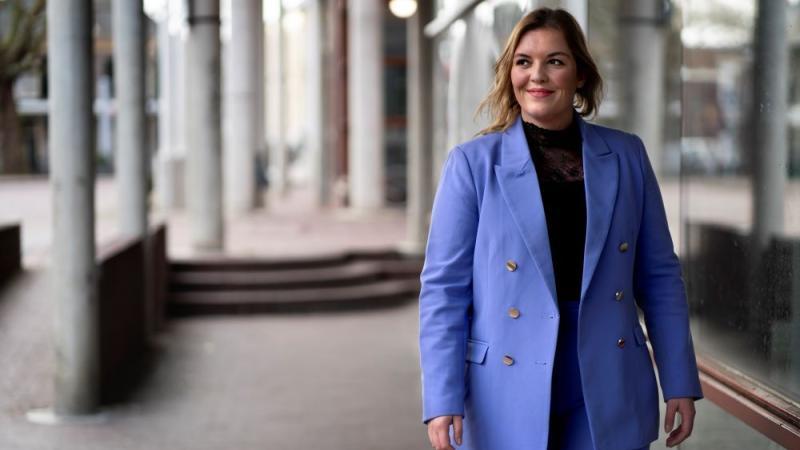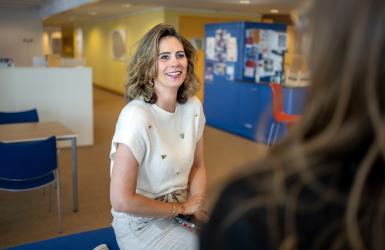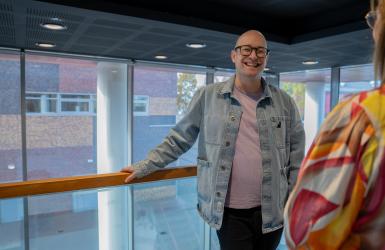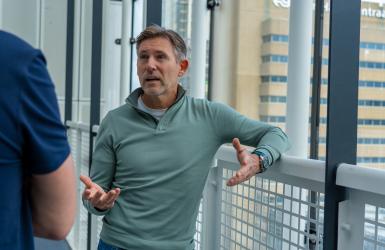The story of Evelien, staff adviser Human Resources (HR)
'Healthy and happy staff' When Evelien joined the IND in 2016, she only planned to spend two years here to gain experience.…

We are aware of the impact the decision has on someone’s life and future
What does the IND do? Decision staff member Nienke tells us. ‘We are the ones who eventually decide on naturalisation requests,’ says Nienke. ‘But the requests are made to local councils, which are really the “entrance gate”. They screen the applicants first and check broadly whether someone can or can’t become a Dutch citizen. Next, the local council forwards the request with the required documents to the IND. A staff member of the IND processes the request and takes a decision.’
‘This decision is taken carefully,’ continues Nienke. ‘We are aware of the impact the decision has on someone’s life and future. I can only reject a request if I observed the law and can fully explain and justify it to myself and the client. In case of doubt, we discuss it as a team. Our starting point is that someone is eligible for Dutch citizenship when they make a request. If it turns out they are not, we reject the request.’
Nienke: ‘And even then, the client first receives an intention to reject and not immediately the final decision. I regularly have clients on the phone. I explain them as clearly as possible why they can’t become a Dutch citizen in their situation. Because as much as I want everyone to have that crowning glory of their stay, they must be eligible for it. Fortunately, most applicants can become Dutch citizens. We then send a nomination letter to nominate the customer for the Royal Decree that the King will sign. The local councils make sure that this decree is awarded in a naturalisation ceremony. Then, someone becomes a Dutch citizen officially.’
‘We are regularly in contact with local councils, which mostly speak to clients personally at the beginning and end of the process. In fact, the IND is a kind of “stopover”. This is different for an application for a residence permit, where the IND’s decision is the “final destination”. But when we make the decision, it’s still decisive in human lives. My ability to contribute to an important social theme through my job makes me enjoy my work.’
‘What I also like is that our work changes regularly in response to current issues. Recently, it was, for example, decided that the document requirement will be dropped for the naturalisation of holders of a so-called RANOV permit. We are now working hard to organise the process in such a way that we can process naturalisation requests from these clients efficiently. We’ll get this done. Just like we are able to decide on time on requests from other clients. We now even get this done well within the time we have officially!’

'Healthy and happy staff' When Evelien joined the IND in 2016, she only planned to spend two years here to gain experience.…

‘A single conversation can change someone’s day, week, or even their life’ Anyone who contacts the IND with questions about an application, a residence permit, or…

‘I translate wishes into practical solutions’ Marco initially started working at the IND as a self-employed person, but he quickly felt at home…